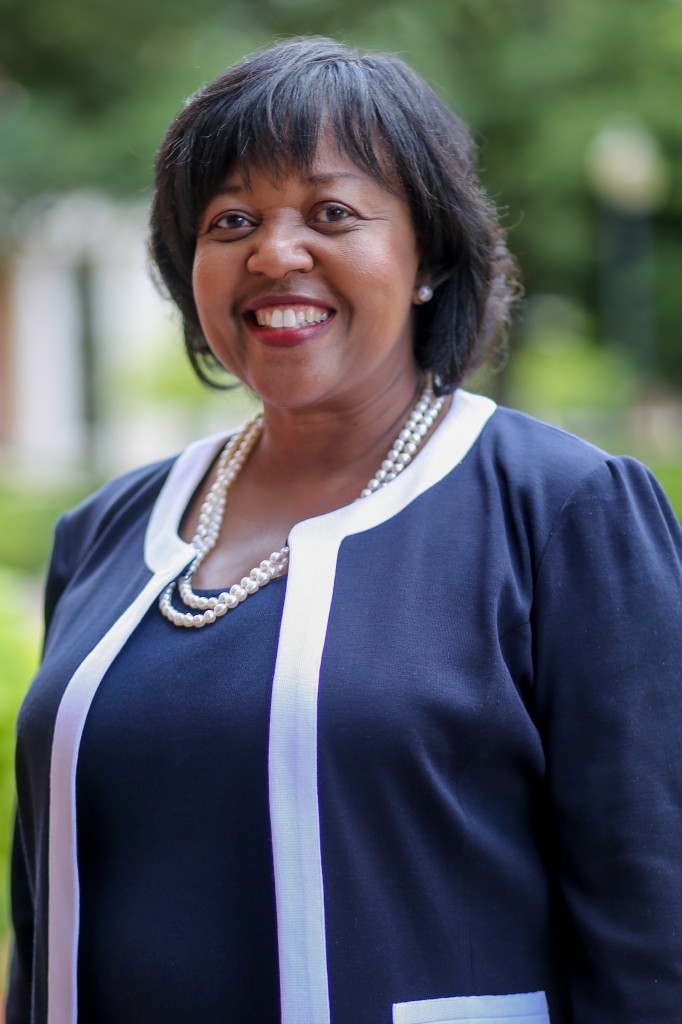![]()
[hr]JSU’s chief information officer recently attended the 2018 Internet2 Global Summit in San Diego and shared how the HBCU is successfully using cloud technology but bemoaned bandwidth speed on JSU’s campus compared to other institutions.
As JSU’s representative, Dr. Deborah Dent was the only panelist from an HBCU on the summit’s planning committee. This is Dent’s second year on the panel.
Internet2 negotiates prices and provides high-speed network capability to educational institutions nationally. It also services each of Mississippi’s four research institutions: JSU, the University of Mississippi, Mississippi State University and University of Southern Mississippi.

Currently, JSU’s bandwidth speed sits at 10 gigabytes (GB), with an aim to increase to 100 GB. The dilemma, however, is that larger institutions currently at 100 GB are advancing to 400 GB. This will leave JSU even further behind.
To rectify the problem, JSU is partnering with Clemson University in an NSF-sponsored effort to help raise JSU’s capacity to 100 GB.
“We’re not asking for handouts,” Dent said. “We’re working hard to become partners because of all the research we’re doing at JSU.”
Dent said a representative from the National Science Foundation (NSF) heard her passionate plea for a balanced playing field. She was among panelists discussing “A Win-Win Approach to Supporting the Shared Missions of Research and Education Communities.” NSF, which has always supported diversity and JSU’s research through funding, is now giving even more attention to the challenges faced by JSU, she added.
“In the future, we see our students and researchers benefiting because we will have more opportunities and up-to-date technology for global partnerships that will help us advance. Students also will be exposed to other advantages and become even more marketable,” said Dent, waiting on final word about a new NSF grant.
The conference addressed other issues as well, including getting more female and minority participation in the technology realm and providing a holistic approach to students’ needs. While it’s important that academic institutions make sure WiFi and phone systems work, they also must focus on classroom interaction, Dent urged.
“It’s easy to monitor the network, but how do we monitor the overall student experience involving the ‘Internet of Things’? We must be certain that experience runs smoothly and monitor the ‘end-to-end’ experience. This means we must develop all-inclusive, holistic approaches to track their academic experience,” she said.
Conference attendees also examined the use of cloud technology.
Dent said, “Larger institutions haven’t embraced the cloud at the same rate as their smaller counterparts. For JSU, it’s easier for us to place resources in cloud and share those resources with other customers. But, now, both large and small institutions are looking at using the cloud more in the research area.”
Indeed, all institutions worry about possible breaches. However, Dent says she’s confident about the network security of our financial system. “I can sleep a little better because we’re paying someone to keep our data secure. This way we can spend more time focused on resources rather than on costs for manpower and equipment.”
Aside from those matters, JSU is also poised to participate in a new national research network being led by Dr. Larry Smarr, founding director of the California Institute for Telecommunications and Information Technology. The collaboration would aim to help develop high-performance applications.
Overall, Dent said the conference was quite successful because it provided an opportunity to “let JSU’s light shine.” She said her counterparts are looking for JSU to make an even larger impact in technological research, and “our presence at the conference validated their thinking.”






